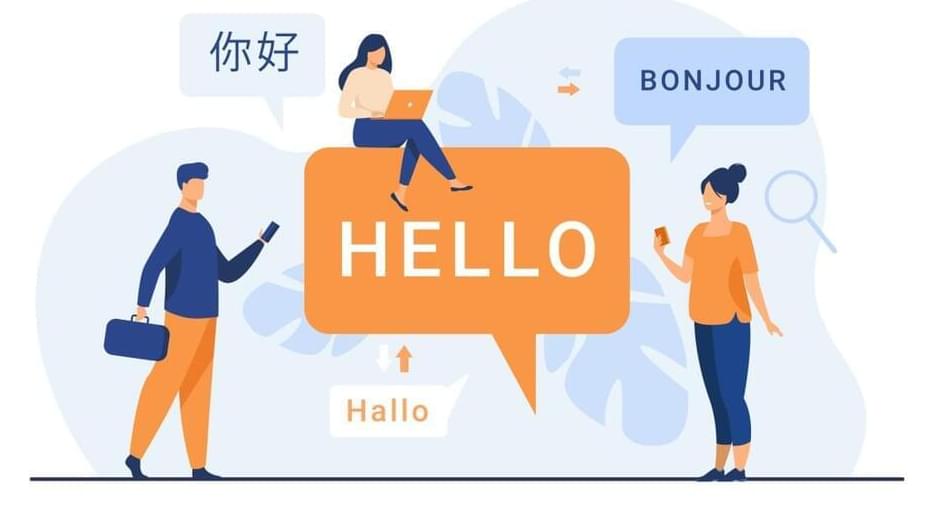In its quest to develop AI that can understand a range of different dialects, Meta has created an AI model, SeamlessM4T, that can translate and transcribe close to 100 languages across text and speech. Available in open source along with SeamlessAlign, a new translation dataset, Meta claims that SeamlessM4T represents a “significant breakthrough” in the field of AI-powered speech-to-speech and speech-to-text.
“Our single model provides on-demand translations that enable people who speak different languages to communicate more effectively,” Meta writes in a blog post shared with TechCrunch. “SeamlessM4T implicitly recognizes the source languages without the need for a separate language… More.


